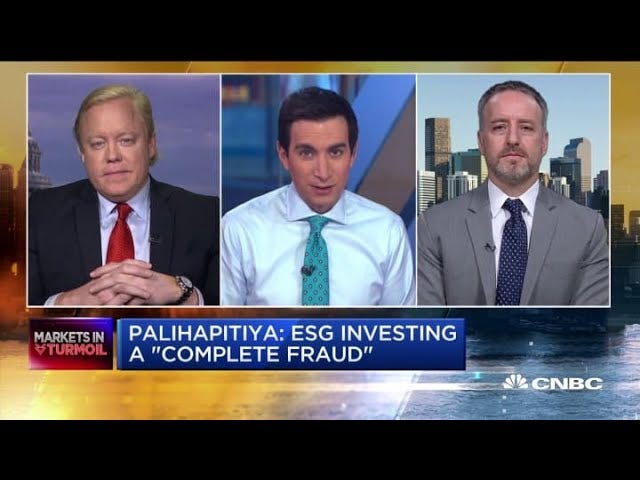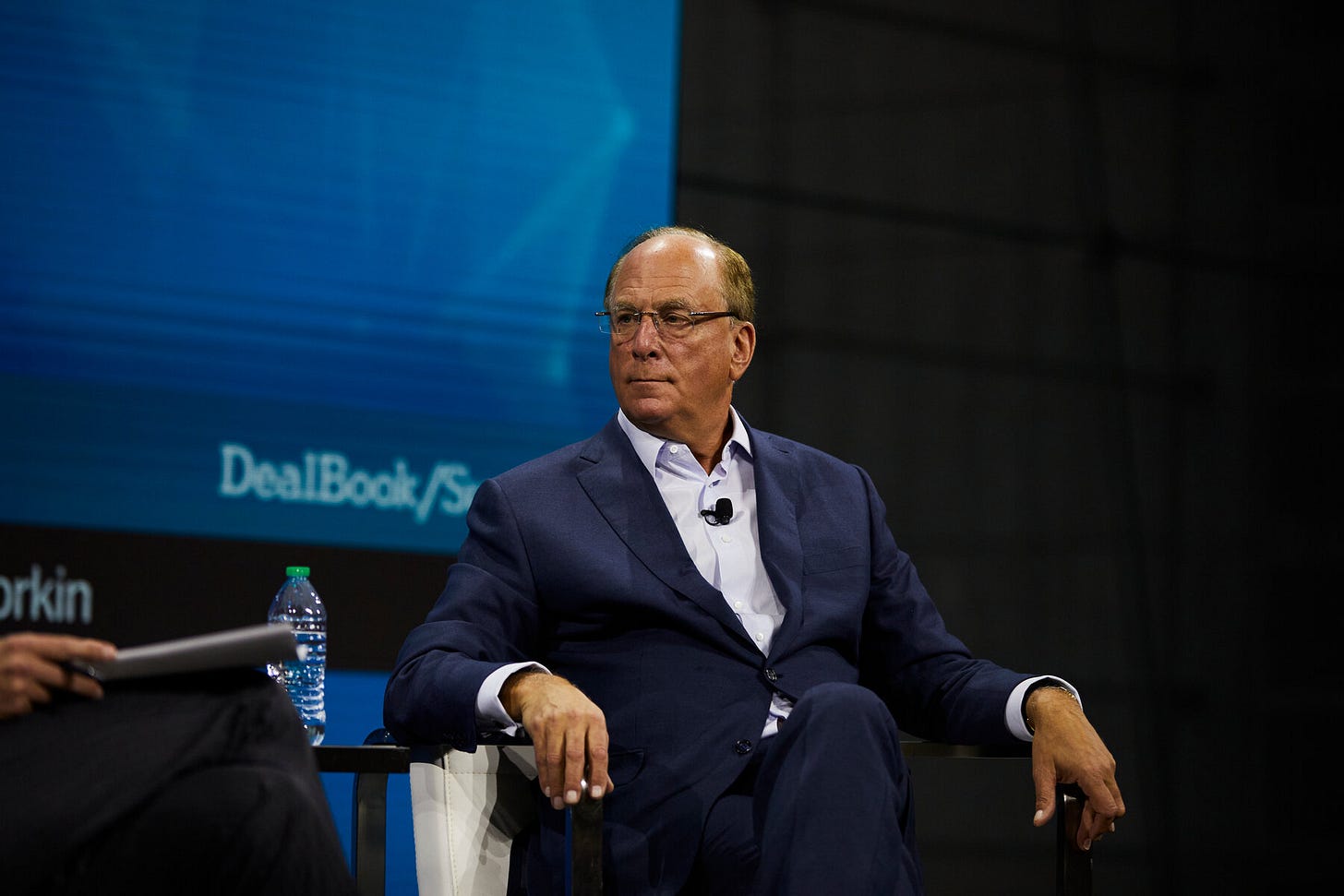ESG: Where it stands today and opportunities for improvement
Stakeholder Labs looks at measurement as the key to the framework's success
An important topic at this year’s ICR conference was ESG and how it is changing corporate communications. For those not familiar with the term, ESG stands for Environmental, Social and Governance and it was first popularized in a 2004 UN report titled “Who Cares Wins: Connecting Financial Markets to a Changing World”. ESG underscores the belief that the assessment and management of sustainability-related risks and opportunities concerning all organizational stakeholders lead to higher long-term risk-adjusted returns; this framework has transformed how capital is allocated around the world. According to the Harvard Business Review, about a third of professionally managed assets, or about $30 trillion, are now subject to ESG criteria, which reflects an increase of over 30% since 2016. In 2019, 181 CEOs from some of the largest and most powerful companies in the world, including Apple, Comcast, Exxon, and Walmart, signed a statement committing their companies to the following stakeholder principles:
Delivering value to our customers. We will further the tradition of American companies leading the way in meeting or exceeding customer expectations.
Investing in our employees. This starts with compensating them fairly and providing important benefits. It also includes supporting them through training and education that help develop new skills for a rapidly changing world. We foster diversity and inclusion, dignity and respect.
Dealing fairly and ethically with our suppliers. We are dedicated to serving as good partners to the other companies, large and small, that help us meet our missions.
Supporting the communities in which we work. We respect the people in our communities and protect the environment by embracing sustainable practices across our businesses.
Generating long-term value for shareholders, who provide the capital that allows companies to invest, grow and innovate. We are committed to transparency and effective engagement with shareholders.

The ESG Debate
Not all institutional investors have gotten on the ESG bandwagon. According to the New York Times, Bluebell Capital Partners is taking on BlackRock, the world’s largest asset manager, for their ESG-focused investment strategy. In a letter to their board, Bluebell Capital suggested “it is not BlackRock’s role to direct the public debate on climate and energy policies or to impose ideological beliefs on the corporate world.” Elon Musk recently joined the ESG conversation when he referred to it as “the devil” on Twitter. Larry Fink, the CEO of BlackRock, defended their position by saying, “I think stakeholder capitalism is not political or woke — I just think it’s capitalism.” Fink has been a pioneer in ESG investing and famously wrote in 2018 “to prosper over time every company must not only deliver financial performance, but also show how it makes a positive contribution to society.”
Other critics point to the companies touting strong ESG scores and believe it is simply a rebranding exercise for the biggest perpetrators of environmental and societal damage. According to Bloomberg, 90% of the stocks in the S&P 500 have wound up in ESG funds built with Wall Street accepted ratings, and Hans Taparia, a clinical associate professor at the New York University Stern School of Business, recently published an op-ed criticizing ESG ratings as lacking basic common sense. Taparia writes:
Most technology stocks, including Alphabet and Meta, are part of E.S.G. funds, despite concerns about their role in facilitating the spread of misinformation and hate speech. Coca-Cola and Pepsi have gotten very high E.S.G. scores and find themselves in most big E.S.G. funds, despite manufacturing products that are a major cause of diabetes, obesity and early mortality and despite being the world’s [largest] contributors to plastic pollution. Perhaps most egregiously, BP and Exxon get respectable ratings.
Bloomberg adds, “MSCI, the largest ESG rating company, doesn’t even try to measure the impact of a corporation on the world. It’s all about whether the world might mess with the bottom line.”

ESG + Retail Investors
Looking beyond the effectiveness or legitimacy of the ESG framework today, the concept evokes a strong response in retail investors. The FINRA Foundation studied retail investor attitudes toward ESG and found:
More than half (57%) of respondents strongly or somewhat agree that investing can be a way to make positive changes in the world
Over three-quarters, (77%) of respondents indicate that, if they had the opportunity to invest in a “socially responsible” mutual fund, they would assume that companies held by that fund would align at least somewhat with their personal values.
Only about a third (37%) agree or strongly agree that a company’s role should be to maximize earnings and not pursue social or environmental goals.
Converting ESG Intention into Reality
Stakeholder Labs believes the foundation of ESG initiatives, particularly the social and governance components, require digital tools that organize a company’s stakeholders and allow them to deliver personalized communications. As the old adage goes, ‘what gets measured gets managed’, and what’s different about ESG measurement versus traditional finance is that ESG is principally based upon how a company treats people and most companies have painfully limited knowledge of who their stakeholders are. One challenge Stakeholder Labs is solving is enabling companies to identify their thousands of retail investors who have purchased stocks via brokerage accounts and believe in the long-term success of the business. It’s only when all stakeholders have a platform and a voice within a corporate structure that ESG frameworks can begin to be expressed accurately.




